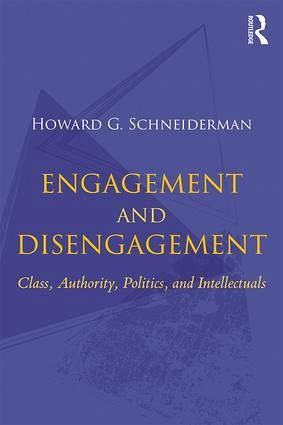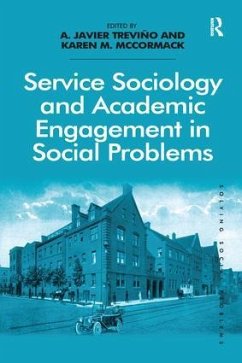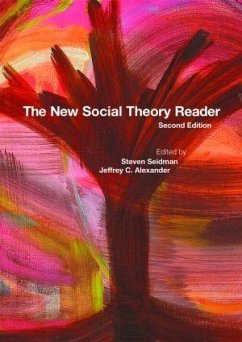
Engagement and Disengagement
Class, Authority, Politics, and Intellectuals
Versandkostenfrei!
Versandfertig in 1-2 Wochen
52,99 €
inkl. MwSt.
Weitere Ausgaben:

PAYBACK Punkte
26 °P sammeln!
Part dialogue, part debate between Howard Schneiderman and a small number of social theorists, Engagement and Disengagement represents the culmination of a life's work in social theory. On the one hand, it is about cohesive social, cultural, and intellectual forces, such as authority, community, status, and the sacred, that tie us together, and on the other hand, about forces such as alienation, politics, and economic warfare that pull us apart. With a blend of humanism and social science, Engagement and Disengagement highlight this two-culture solution to understanding social and cultural his...
Part dialogue, part debate between Howard Schneiderman and a small number of social theorists, Engagement and Disengagement represents the culmination of a life's work in social theory. On the one hand, it is about cohesive social, cultural, and intellectual forces, such as authority, community, status, and the sacred, that tie us together, and on the other hand, about forces such as alienation, politics, and economic warfare that pull us apart. With a blend of humanism and social science, Engagement and Disengagement highlight this two-culture solution to understanding social and cultural history.














